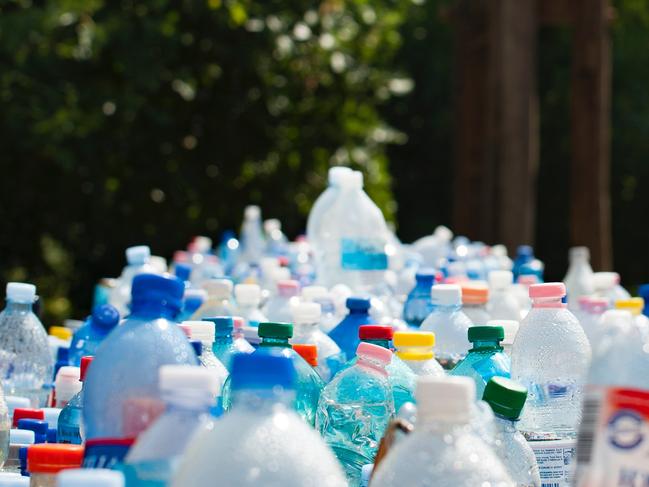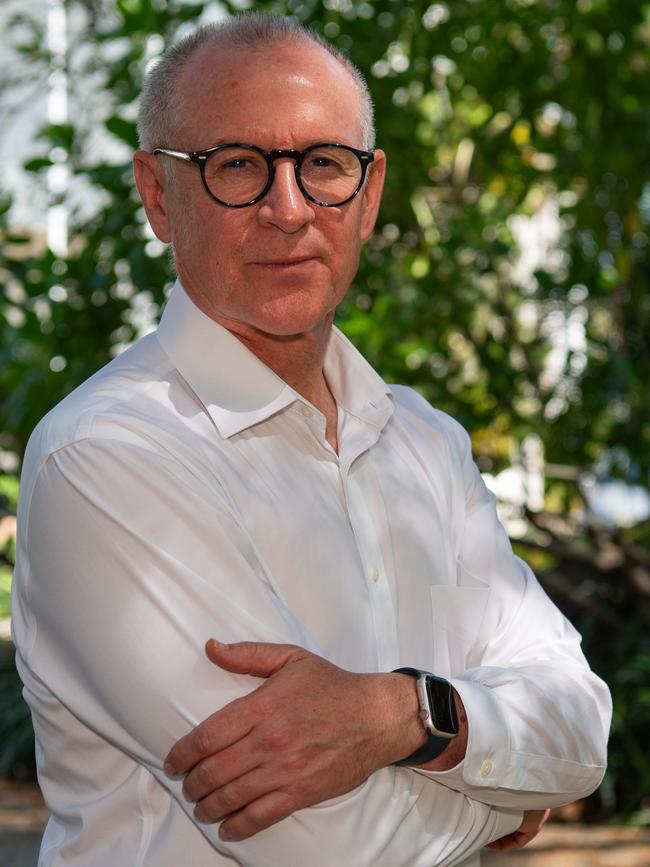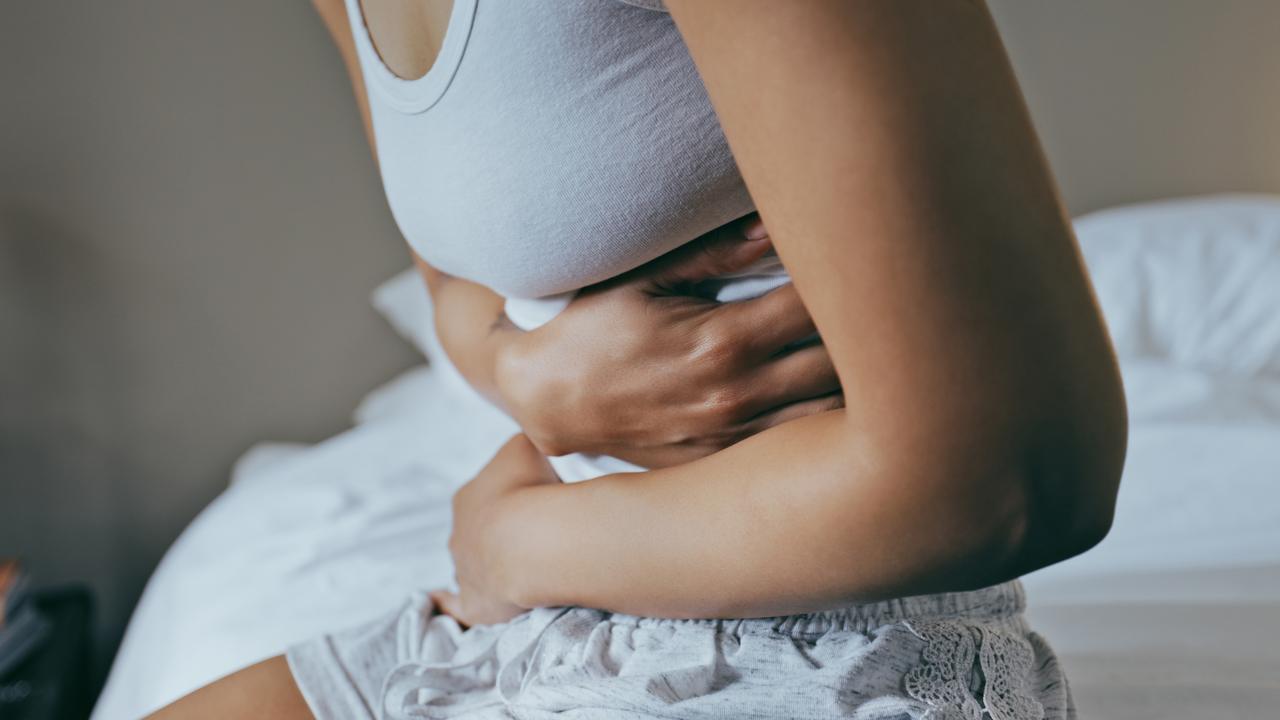‘Red flag’: Minderoo Foundation study reveals danger plastics pose to our health
Plastic has been part of our lives, for all our lives - but new research suggests the chemicals inside these substances pose unacceptable risks to human health. See the dangers.

Health
Don't miss out on the headlines from Health. Followed categories will be added to My News.
Chemicals found in common household plastics pose health risks at every stage of human development and exposure to them should be minimised, a massive new global research project has found.
From before birth, through early childhood and on to adulthood, the chemicals in plastics are associated with increased rates of abnormal development and the onset of conditions such as diabetes, obesity and infertility, the study published in the Annals of Global Health found.
Known as an umbrella study, the project synthesised the findings from dozens of smaller research projects which collectively observed the effects of five different chemicals (Bisphenols and Phthalates, PBDE, PCBs and PFAS) on about 1.5 million people.
“This is a red flag for the world,” said Professor Sarah Dunlop from the Minderoo Foundation, which collaborated on the work with research organisation JBI at Adelaide University.
“This research categorically proves that none of the examined chemicals – which are found in plastic items people use every single day and are known to infiltrate our bodies – can be considered safe.”

Globally, the health costs of the chemicals were “billions and billions, if not trillions of dollars,” she said.
While the underlying studies were of differing quality and had sometimes varying results, overall they showed “this extraordinary signal of all these multiple health impacts across the life cycle of humans,” Prof Dunlop said.
“Industry doesn’t have to prove safety before market release. It’s scientists and clinicians who have to prove harm after the event. So we’re constantly playing catch-up. It’s a chemical whack-a-mole, if you like. We need to reverse the burden of proof.”
The paper comes just a few months before a major conference in Busan, South Korea, where 170 countries (including Australia) will attempt to hammer out a global plastics treaty – a document some say could end up being as far-reaching as the 2015 Paris Agreement on climate.
Former South Australian Premier Jay Weatherill, who will be at the Busan conference in his capacity as director of the Minderoo Foundation, said the world needed to regulate plastic in a similar way to other substances that were found to be harmful to human health.
“There is a comprehensive treaty known as the Minamata Convention which deals with mercury, so that style of treaty is the thing we have in mind in relation to plastic chemicals,” he said.
Previously we had “some pretty benign views of chemicals which have now proven to be quite dangerous,” Mr Weatherill said, citing the case of PFAS, the chemical found in firefighting foam linked to thyroid cancer and other serious health issues.
“As evidence stacks up … some things that we formerly regarded as safe are now unsafe,” he said.


Mr Weatherill said Minderoo’s aim was to raise awareness about the health risks of plastic chemicals “in a way that creates pressure for change on key decision makers”.
Australia is one of 66 nations who have joined the High Ambition Coalition to End Plastic Pollution, a group that has a stated aim of restricting primary polymer production “to sustainable levels”.
The USA is not a member of the coalition, but reports last week stated the Biden administration was now supportive of a cap on future plastic production, raising expectations
that the Busan convention will formulate a significant treaty.
More Coverage
Originally published as ‘Red flag’: Minderoo Foundation study reveals danger plastics pose to our health





